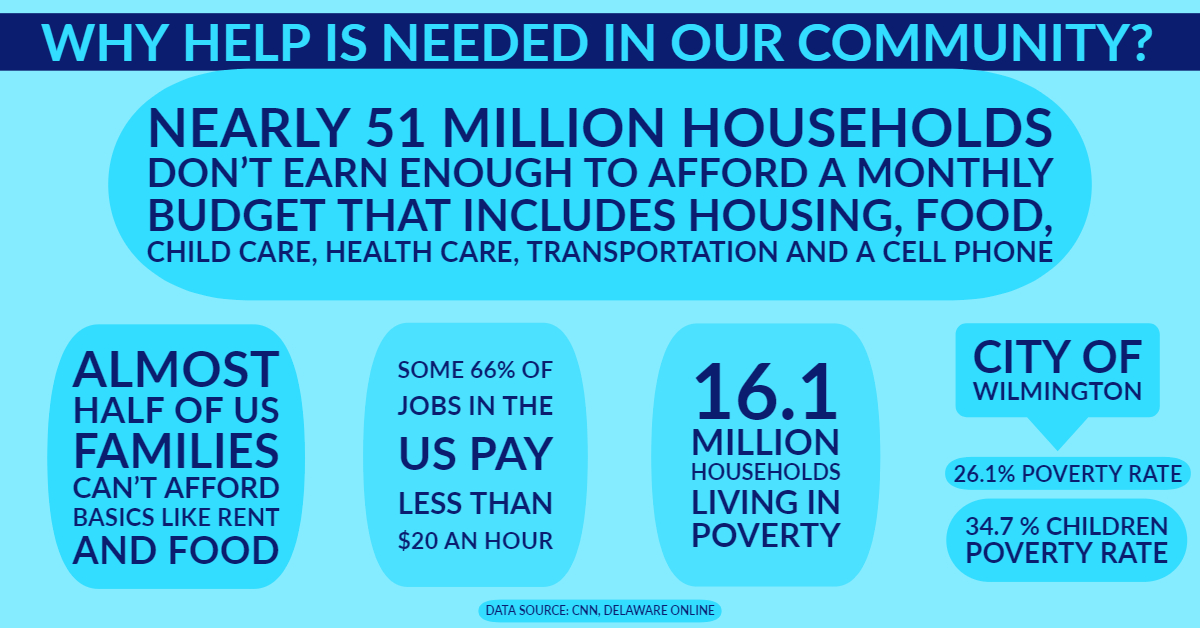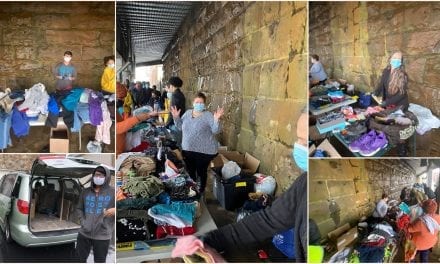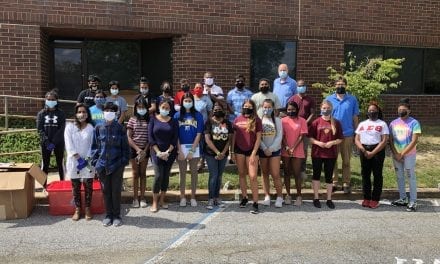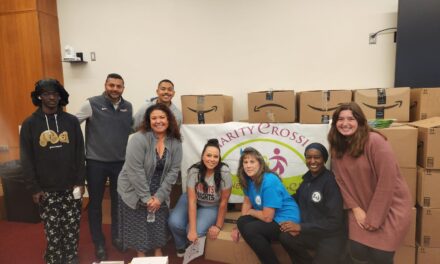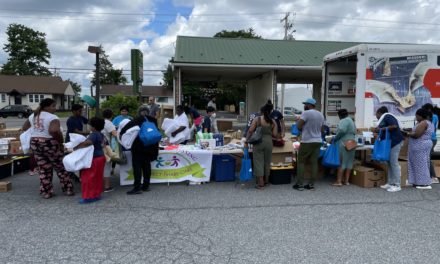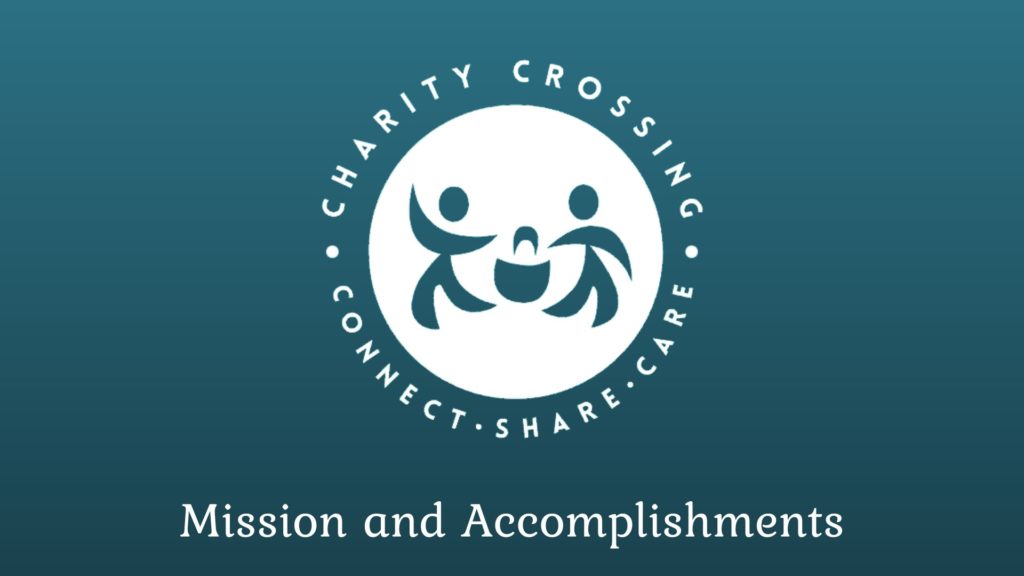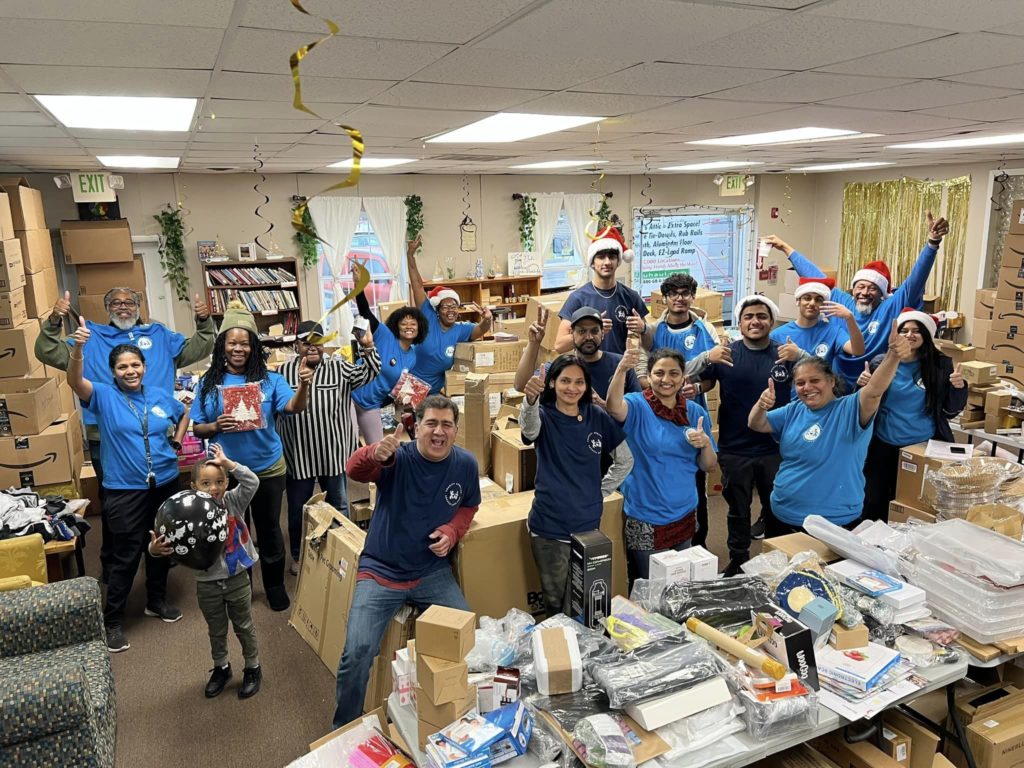What is happening in our community?
Why Should Young People Get Involved?
To gain skills and experience to get a job
It can be hard to get a good job: you need a job to get experience, but you need experience to get a job. Being involved in your community can make your CV stand out to potential employers, and you can get relevant work experience. You can also gain important skills like how to interact with people, lead projects, and practical things like building websites. And don’t forget that many employers work closely with their
communities. “Being involved in your community gives you an extra set of skills that other people
To get into university, college, or an apprenticeship programme
Relevant experience can help you, particularly in getting onto those programmes that are specialized and/or only admit a few students. Find out what kinds of activities will help you get into your desired programme, and match them.
To help understand what it means to be an active citizen
Involvement with your community helps prepare people to become responsible and active citizens, who understand the challenges local people face and work to improve the quality of life through political and non-political processes. You can learn how to participate in a democratic society, how a community and its institutions work, and how citizens can together help address social problems. Involvement also shows other young people, and the wider community, that young people are important to building strong communities.
To make a difference
There is no lack of social and health issues affecting our communities and standing up for what you believe in can be an empowering experience. Even small actions like tutoring a younger child, being a buddy at school, or visiting an elderly person, can make a big difference in someone else’s life and enrich your own.
To make friends and expand their social network
Getting involved in an issue that you care about, means you’ll meet other people who share your interests and passions. Some will become new friends, but others may also be able to mentor, advise or support you in achieving your own future ambitions.
To avoid negative activities
Being involved keeps you busy on positive things that make a difference, meeting supportive adults, making new friends, and building skills to manage life: you might even run a group based on your own interests. Getting involved with drugs and alcohol, in antisocial behaviour, and ending up with a police record, can easily throw life off track and stop you reaching your future goals.
To gain recognition and respect
Doing something well and being recognized for your contributions feels great, and getting involved can help you grow as a person, build your confidence, discover your talents and become more awesome than you already are. Everyone needs a role model, so why not show others in your school, community and family the power of getting involved?
It’s Not Just About Giving
Anyone and everyone can get involved. It doesn’t matter who you are, how old you are, what you believe in; there are contributions you can make that will make a difference. What you get in return is both priceless and invaluable whatever stage of life you are at:
Meeting new people – building new friendships, reducing isolation and loneliness (yours and others), developing ideas together.
Improving your English – learning to communicate better with others in your community, practice your language skills, and improve your own prospects.
Experiencing different cultures – find out who lives in your community, what their background is, and celebrate the things that make people different.
Improving relations between different communities in your area – helping people work together by focussing upon a common purpose or goal.
Influencing change in your local area, making it a better place to live – developing new ideas and approaches together that people can take pride in.
Building confidence, self-esteem and giving structure to life – young, old, long term unemployed; there are many people that need to develop a sense of self-worth.
Keep your skills up-to-date – technology changes constantly, as do methods of working and the established best practice.
Easing yourself back into work – maybe after bringing up a family, or after major bouts of illness; being able to re-build capacity a step at a time in a “safe environment”.
Trying out a new area of work – looking for a change of job; testing out and/or developing your skills on activities you would like to do in the future.
Building up contacts to help you find a paid job – meet local employers involved in community action, improve your CV, and get references.
And if you do it right …..helping people whilst having fun.

